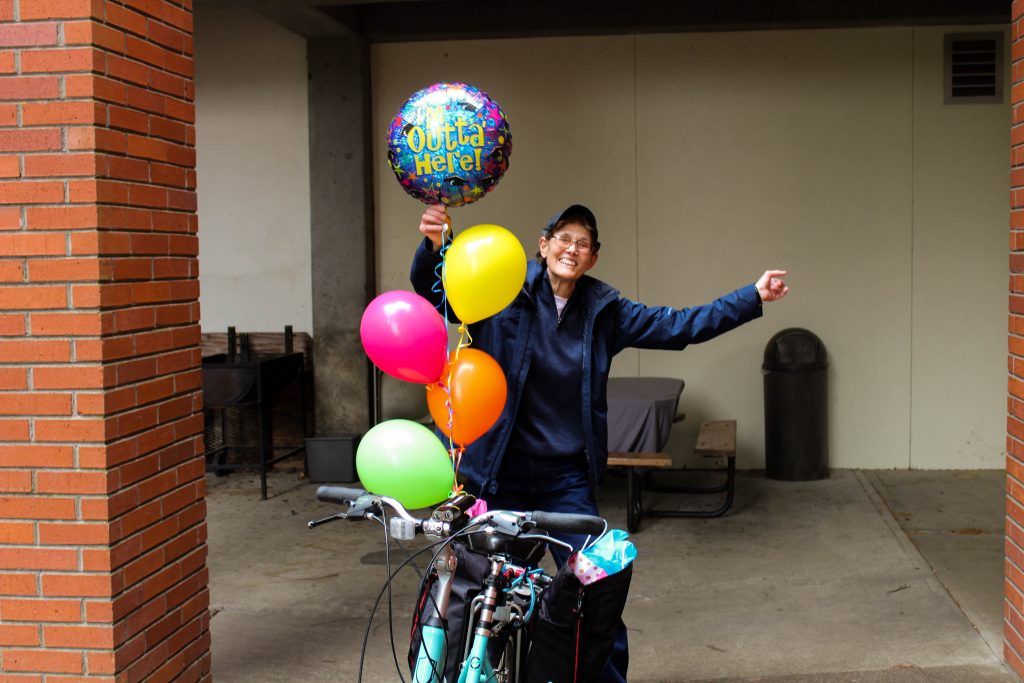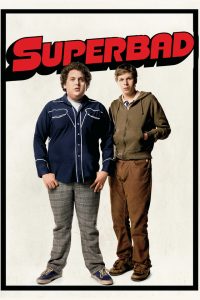
Rylie Horrall | Lifestyle Editor
As the year comes to a close, some graduates may find themselves wanting to have a movie binge night — whether it’s virtually with friends or in person with those they’re social distancing with. A great way to do this would be with some classic graduation films. Get cozy and check out the list of movies below.
- “Legally Blonde” (2001) (Amazon) — A woman beats the ditzy-blonde stereotype by attending law school and graduating at the top of her class at Harvard Law.
- “She’s All That” (1999) (Hulu, Showtime) — Popular guy and artsy girl make a bet to see if they can make the artsy girl prom queen.
- “High School Musical 3: Senior Year” (2008) (Disney+) — The gang’s ‘all in this together’ as they navigate their senior year and graduation.
- “Adventureland” (2009) (Hulu) — A college grad moves out to Europe for graduate school and falls for his amusement park co-worker.
- “Ferris Bueller’s Day Off” (1986) (Netflix) — Right before graduation, a group of friends duck out of school for one last hurrah.
- “10 Things I Hate About You” (1999) (Hulu, Disney+) — A senior focused on finishing high school and going to college is set up with the new kid so that her little sister can go on a date.

- “Booksmart” (2019) (Hulu) — Two academically strong seniors try to catch up on the special moments from their teen years on the night before they graduate.
- “Accepted” (2006) (Hulu) — A fake university is set up by a senior to fool everyone into thinking he’s attending college, but then many other students also try to attend the nonexistent university.
- “Life of the Party” (2018) (Amazon) — A freshly dumped housewife returns to college for a journey of self-discovery.
- “Dazed and Confused” (1993) (Hulu) — Crazy shenanigans ensue on the last day of high school for a group of rowdy teenageers.
- “Into the Wild” (2007) (Hulu) — A recent college graduate donates all of his money and gets rid of his possessions before setting out on a journey in the Alaskan Wilderness.
- “Reality Bites” (1994) (Hulu) — A woman creates a documentary about herself and her friends after college.
- “The Social Network” (2010) (Netflix) — Following Mark Zuckerberg post-graduation and the creation of Facebook.
- “The Devil Wears Prada” (2006) (Amazon) — A college graduate with big dreams starts a job at a magazine firm as an assistant to a dubious editor.
- “Superbad” (2007) (Showtime) — Two best friends try to handle the last couple weeks of high school by throwing a giant house party.
- “The Graduate” (1967) (Hulu) — A recent college graduate moves back home with his parents and tries to navigate post-graduation life while avoiding the question, “what do you want to do with your life?”
Contact the author at rhorrall17@wou.edu
Photo courtesy of Sony Pictures
Photo courtesy of Annapurna Pictures


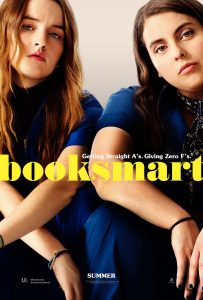
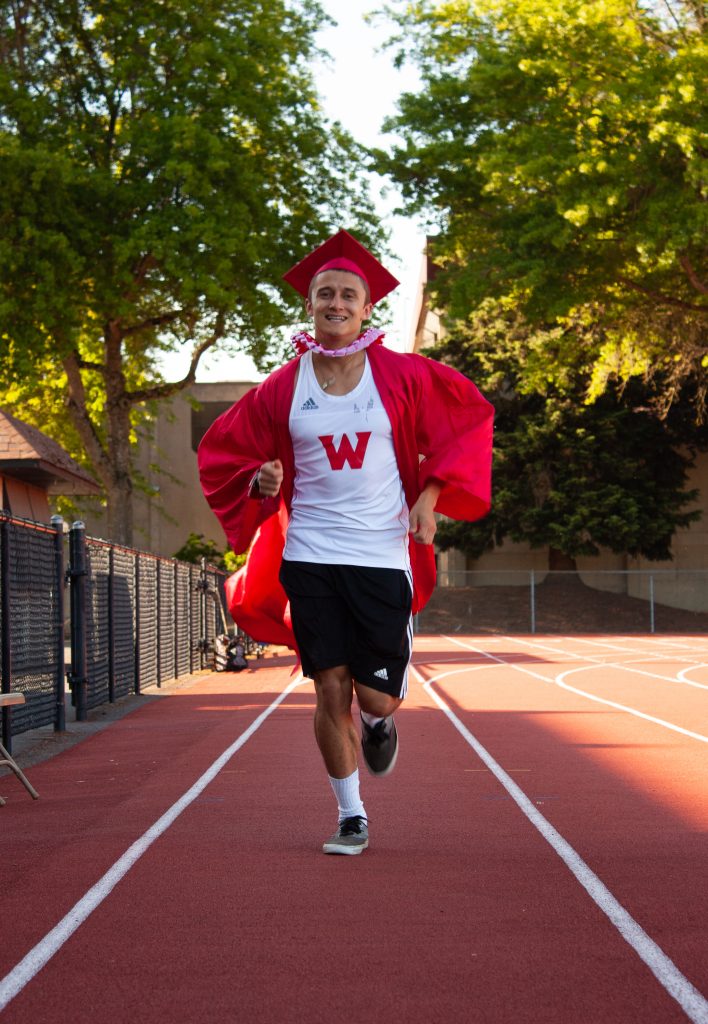


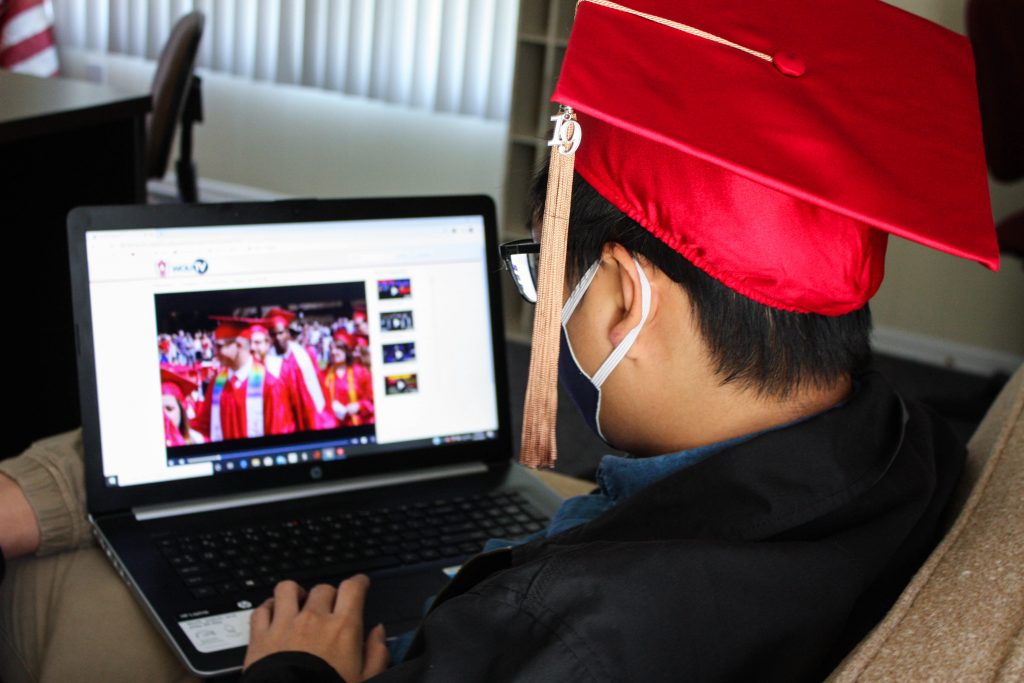
 The Oregon primaries took place on May 19, but despite already being a vote-by-mail state amidst COVID-19, Oregon saw only a 46% turnout of registered voters, or 1,320,789 individuals out of 2,845,326, according to oregonvotes.gov. With regards to percentages, Wheeler County saw the highest number of voter turnout at 67.03%, while Umatilla County saw the lowest at 36.64%. In Polk County, 42.57% of registered voters contributed, or 25,173 individuals out of 59,140. Oregon participates in a closed primary, where only those registered to vote for their respective party can cast their votes and registered independents cannot.
The Oregon primaries took place on May 19, but despite already being a vote-by-mail state amidst COVID-19, Oregon saw only a 46% turnout of registered voters, or 1,320,789 individuals out of 2,845,326, according to oregonvotes.gov. With regards to percentages, Wheeler County saw the highest number of voter turnout at 67.03%, while Umatilla County saw the lowest at 36.64%. In Polk County, 42.57% of registered voters contributed, or 25,173 individuals out of 59,140. Oregon participates in a closed primary, where only those registered to vote for their respective party can cast their votes and registered independents cannot.